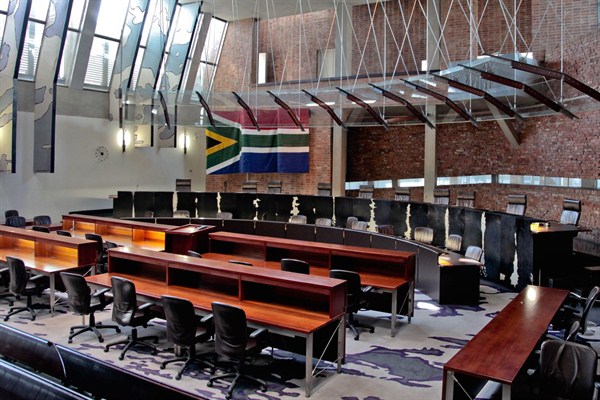Last week, Sudanese President Omar al-Bashir, who has a warrant out for his arrest by the International Criminal Court, left South Africa without incident, even after South Africa’s High Court ruled that he was to be prevented from leaving. In an email interview, Pierre de Vos, professor of constitutional law at the University of Cape Town, discussed South Africa’s judiciary.
WPR: How has South Africa's judiciary evolved since the end of apartheid, both as an institution and demographically, compared to other government branches, and has it been cleared of all apartheid-era judges?
Pierre de Vos: The composition of the South African judiciary has changed dramatically over the past 21 years. South African judges retire, usually at the age of 70, and very few of the sitting judges are still appointees from the apartheid era. The demographic composition of the judiciary has also changed dramatically. In 1990 only one of the more than 200 High Court judges was black and only one was a woman. A majority is now black and about 30 percent are women. But the judiciary remains whiter and more male than the other branches of government. For example, only two of the 11 judges on the Constitutional Court are women.

